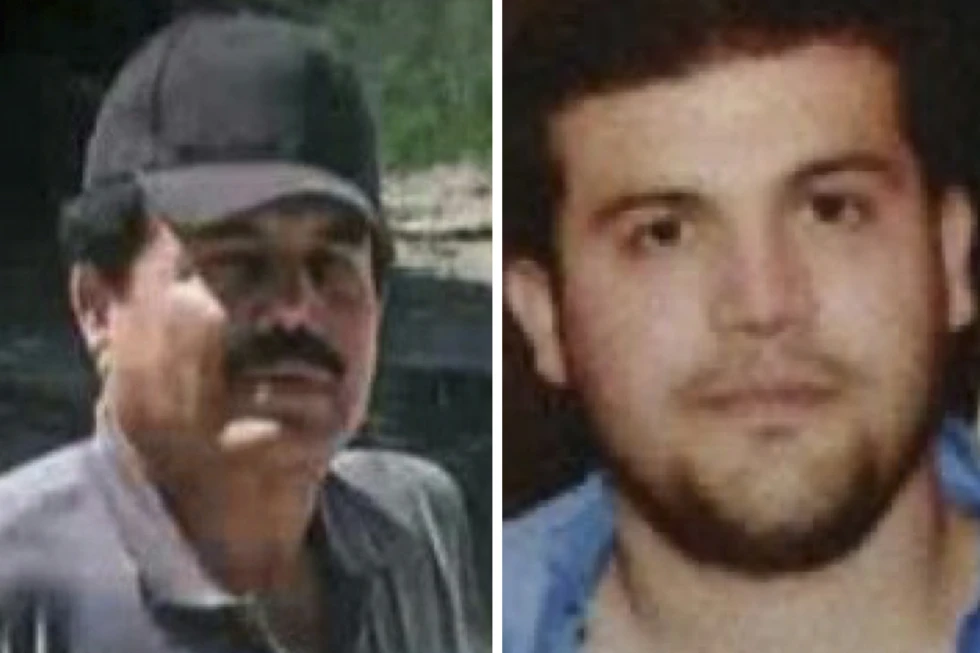CULIACÁN, Mexico — The recent arrests of two top Sinaloa cartel leaders in the United States have triggered a wave of violence in northern Mexico, with at least 10 murders directly linked to the resulting power struggle, Mexican officials confirmed Monday.

Sinaloa state Governor Rubén Rocha acknowledged that four killings on Friday and six on Saturday were related to internal conflicts within the cartel following the July 25 arrests. “These are related to the drug cartels… and they can be linked to the situation that arose after the detentions of July 25,” Rocha stated in a press conference.
The violence stems from the U.S. arrests of Joaquín Guzmán López, a leader of the “Chapitos” faction, and Ismael “El Mayo” Zambada, head of a rival faction within the Sinaloa cartel. According to U.S. authorities, Guzmán López turned himself in and allegedly forced Zambada onto the same flight to El Paso, Texas.
President Andrés Manuel López Obrador echoed the concerns about escalating violence, stating, “We don’t want the situation in Sinaloa to take a turn for the worse. It has been stable as far as violence is concerned. That doesn’t mean there wasn’t violence, but there wasn’t confrontation, fighting between groups.”
The arrests and subsequent murders have exposed the fragile balance of power within the Sinaloa cartel. Mexican security analyst David Saucedo suggests that authorities are reluctant to intervene due to potential damaging information Zambada may possess about corrupt Mexican officials. “It seems to me that Mayo Zambada’s media strategy is focused on assuring an orderly transition in the organization he commands,” Saucedo explained.

Among the recent victims were at least two men closely associated with Zambada, found tortured and executed in a manner typical of cartel killings. Additionally, a prominent cartel family’s lavish tomb was partially destroyed, with bodies reportedly stolen, further illustrating the personal nature of the ongoing conflict.
The situation is complicated by allegations of political involvement. In a jailhouse letter, Zambada provided his version of the killing of Hector Cuén, a political rival of Governor Rocha, blaming it on the Chapitos faction. This contradicts the official narrative provided by state authorities, highlighting the complex interplay between cartels and local politics.

U.S. law enforcement has painted a grim picture of the cartel’s operations. A Justice Department indictment alleges that the Chapitos and their associates have used brutal tactics including torture and feeding victims to tigers.
As violence escalates, both Mexican state and federal authorities have called for peace in the region. However, the government’s approach to cartel activities remains controversial, with President López Obrador often criticizing aggressive tactics in favor of social programs aimed at addressing root causes of criminal activity.



